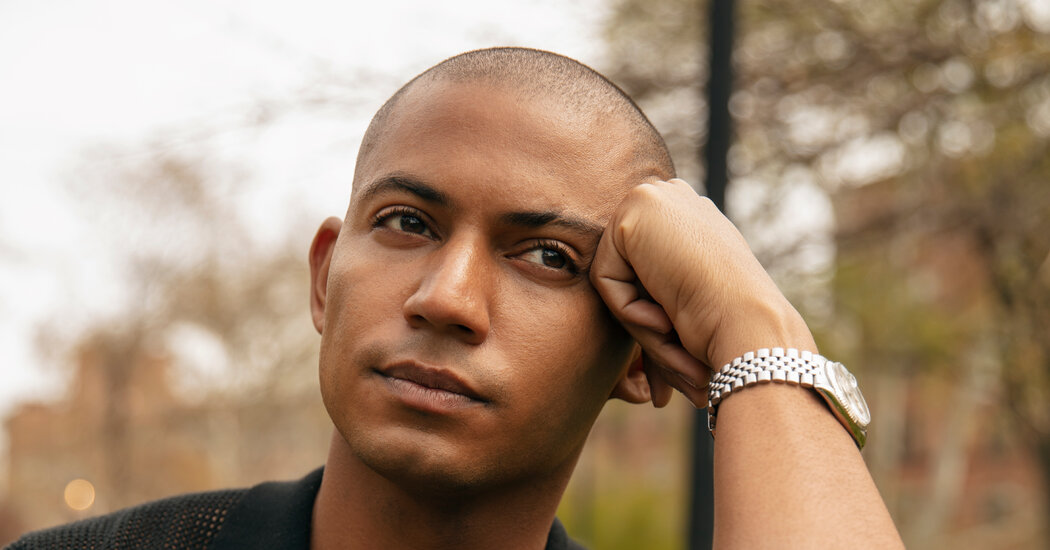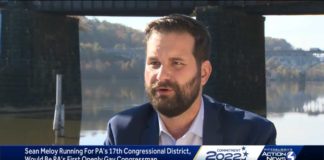
During the pandemic, a flurry of organizations mostly led by Black transgender people have all tried to deal with this issue head-on — even outside the perceived safety of these famous gay enclaves that really became cemented during the H.I.V./AIDS crisis as safe havens.
Organizations like G.L.I.T.S, led by Ceyenne Doroshow, raised over $1 million to provide stable housing for trans people in New York City as the pandemic hit. In New Orleans, the House of Tulip, a trans-led group, raised funds and not only began providing real housing options to mostly L.G.B.T.Q. folks of color there but has done so through securing land trusts in the state of Louisiana. Even in Colorado, we’ve seen an alpaca farm called the Tenacious Unicorn Ranch emerge that provides housing and job support for mostly transgender and gender-nonconforming people.
In Provincetown, city officials are trying to reroute money to create more affordable housing as the pandemic only continues to make it more and more expensive.
So, some change is happening slowly — and that does have some people feeling optimistic. But there’s still a lot of work to do.
Lola Flash, 63, is ready for a more racially inclusive Fire Island.
“I think it’s a perfect place for that change that needs to happen,” they recently told me. “Those guys out there are CEOs of this and that and if we can get them to start thinking differently and embrace difference then a change will come.”
“Maybe not in my lifetime, but some time,” they continued.
Mx. Flash, a prolific Black queer photographer whose work is now part of the permanent collection at the Museum of Modern Art, has been summering on the island since the 1990s, through a combination of renting shares, staying with friends, and last year, through the BOFFO artist residency. Similar to Mr. Dash, they have heard about their fair share of microaggressions from other vacationers while there, but says they never really thought about race in a big way until 2020.
The artist decided to do a series of works entitled “Unsung Fire Island” where they interviewed various queer people of color who were on the island about their experiences there and also took their portraits. Mx. Flash says the conversations all held similar themes and stories in them too. The common refrain was just how alone they felt among seas of mostly white gay men.








